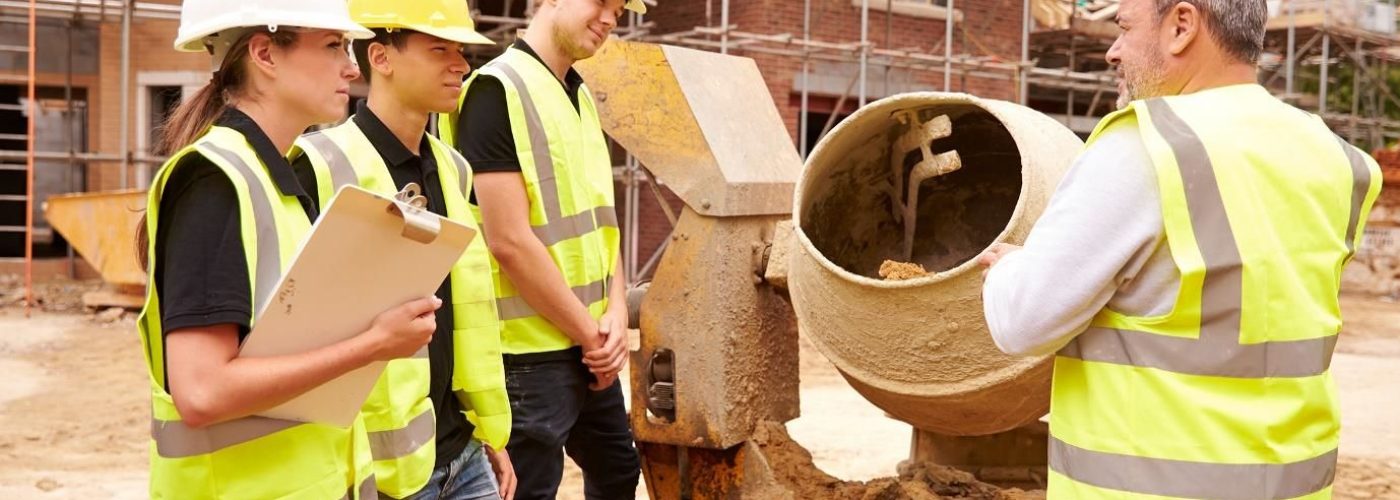There are many reasons people hire a building contractor but generally speaking, it is to undertake all of the tasks and duties relating to whatever the project is. For people who need to hire a General Contractor it can be a minefield. How do you know exactly what you need them to do and are you sure they’re up for the job?
In this article, we take a closer look at the duties and responsibilities of a general contractor to help you make the right hire for your building project.
There are five principle responsibilities of a general contractor as follows:
Project Planning
When you first hire a contractor, you will obviously have a good idea in your mind of what you want. However, you’ll need the experience of the contractor to make sure all the elements of your project are pulled-off professionally and within budget.
Project planning is an important duty for a contractor and generally follows the same lines as the outline provided in their initial estimates. The contractor has full responsibility for the supervision of everyone working on the project site and so they need to manage them effectively.
Plans for each project are generally very detailed and include all the intricate elements of the project while factoring in contingencies and other unexpected expenses. The general contractor should also have a good knowledge of all the legal and regulatory issues relating to the project so they can include those processes in their plans.
Furnishing Project Needs
Before a project is launched, the contractor should have enough resources to complete the first phases of construction. Using all the information supplied in the project estimates, the contractor should ensure that all the necessary materials and labor are in place and paid for out of the budget.
Even the most basic building projects require someone who knows how to break down the costs and ensure all the materials and manpower are in place to carry out the job. Any specialist tasks such as electrical or plumbing works need to be carried out by appropriately qualified workers who can be vetted by your general contractor.
Project Monitoring and Management
When work has started on your project, it will need to be supervised and managed by your general contractor to make sure everything goes smoothly. Every phase or step of the build will need to be managed in terms of deploying materials and manpower according to a schedule your contractor will draw up.
Projects rarely run exactly to schedule and so your contractor needs to have contingency plans or at least the flexibility to deal with all types of scenarios. This is where their experience is really important as they should have the best idea of the kind of problems they could face. The best contractors will have fully assessed the project ahead of work commencing so that subject to no unprecedented changes or alterations to plans, everything should be completed on time and within budget.
Legal and Regulatory Responsibilities
The majority of building, remodeling or reform projects require some degree of statutory obligations. Your general contractor will be fully versed in the laws of your state regarding any necessary permits of planning applications your project may require.
General contractors also have the responsibility for ensuring all legal and regulatory responsibilities are met. In addition, general contractors are liable for taxes according to mandatory state and federal law. You don’t want to be faced with hefty fines or penalties because of a lapse in regulatory compliance and this is a significant benefit to hiring a contractor.
Health, Safety and Protection
All construction projects should be vigilant with health and safety on site. When you are ultimately responsible for the work being done on your property, you want to be certain that everybody working on the site is safe. There are numerous hazards on building sites and oftentimes, they can be avoided if your contractor has factored health and safety into their project plans.





